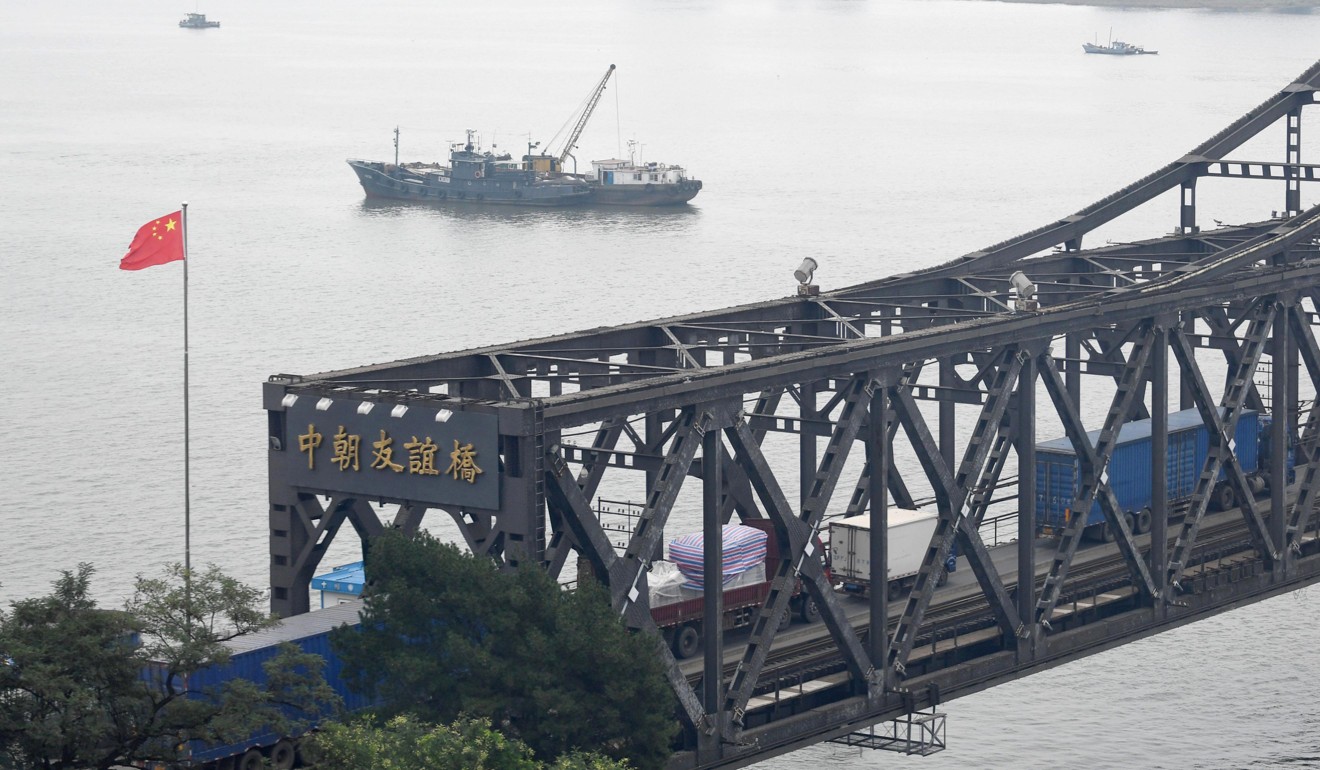
Key points of latest UN sanctions against North Korea
The UN Security Council unanimously passed a new resolution aimed at halting North Korea’s ability to produce nuclear weapons, a move that sets limits on exports of crude oil and fuel products to the reclusive state.
Prompted by North Korea’s most recent nuclear detonation, the Security Council took up discussion of the proposed resolution put forward by the US a little more than a month after the unanimous passage of sanctions that were considered to be the strongest yet against Pyongyang.
The latest resolution aims to cap North Korea’s imports of gasoline, diesel, heavy fuel oil and other refined fuel products at two million barrels annually, which would cut the amount from about 8.5 million barrels now.
“Passage of this resolution is better than nothing, but it’s not going to impinge on [North Korea’s] weapons activity,” former US Ambassador to the UN Bill Richardson said in an interview with the South China Morning Post ahead of the vote.
“The North Koreans have shown to be very resilient in absorbing sanctions,” which won’t halt their weapons development unless the UN manages to completely cut off oil and fuel supply and freeze the government’s assets overseas, added Richardson, who visited North Korea eight times between 1992 and 2013.
The new resolution includes the following item
Oil and Petroleum
Cutting off over 55 per cent of refined petroleum products going to North Korea and imposing an annual cap of two million barrels per year of all refined petroleum products entering the country, including petrol.
Freezing the current amount of crude oil provided to North Korea, but exports through the Chinese Dandong to Sinuiju pipeline are exempted.
Banning the supply to North Korea of all natural gas and condensates.
Textiles

China imported US$147.5 million worth of clothing from North Korea in the second quarter, representing 38 per cent of its import from the reclusive state.
Overseas Labourers
Banning the hiring of North Korean labourers. There are about 100,000 North Korean citizens working abroad, earning the regime about US$500 million each year. North Koreans already working overseas can continue their work until their original permits expire.
Smuggling
UN member states should employ “new tools” to stop the smuggling of prohibited North Korean products including textiles, seafood and coal.
Joint Ventures
Ending all joint ventures with North Korea, but the China-North Korea hydroelectric power stations on the Yalu River and the Russia-North Korea Khasan-Rajin rail and port project for the shipment of Russian coal to other markets are exempted.
Previous UN sanctions on North Korea stopped short of controls on oil and fuel, mostly at the behest of China, owing to concerns that such moves might destabilise the country and leave Beijing with a refugee problem. China shares a 1,400-kilometre border with North Korea along the Yalu River.
While the limits on fuel were something of a compromise, some experts see the ban on textile sales as a significant measure.
North Korea’s clothing exports would be the most valuable in dollar terms after overseas sales of coal and other minerals, Thomas Byrne, president of the New York-based Korea Society and former senior vice president at Moody’s Investors Service, said in an interview after the Security Council vote.
“When you look at North Korea’s economic structure, it’s one of the country’s few new industries,” Byrne said. “It brings in a significant amount of foreign exchange. This is as significant as the elimination of anthracite coal sales.”
The last resolution against North Korea, passed by the Security Council on August 5, prohibited UN member states from buying coal, iron ore and other key commodities from North Korea, a move meant to cut the country’s export revenue by US$1 billion annually, according to Council members.
Monday’s vote followed weekend negotiations aimed at clinching support from Russia and China, which balked at measures the US wanted to impose. Beijing and Moscow have traditionally been the most reluctant Security Council members to implement new measures against North Korea.
“It’s called negotiation. That’s what we do here at the Security Council,” the UK’s ambassador to the UN Matthew Rycroft told reporters at UN headquarters when asked what elements were removed in the “watered down” version.
Richardson stressed that Monday’s vote won’t be the last move in efforts to stymie Pyongyang.
“Knowing the North Koreans as I do, they’re going to do a missile test any day now.,” Richardson said. “So it’s a temporary victory.”

